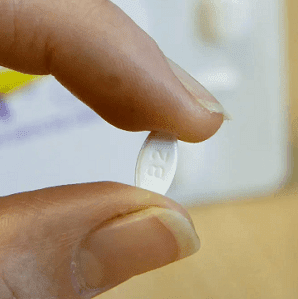A recent study published in MedPage Today highlights significant racial and ethnic disparities in the treatment of opioid use disorder (OUD) in the United States. The research found that only one in four adults needing OUD treatment received medications, with Black and Latino adults being less likely to receive any treatment compared to their white counterparts.
This disparity is alarming given the rising rates of opioid overdose deaths, which have disproportionately affected minority communities.
The study analyzed data from the National Survey on Drug Use and Health, revealing that Black adults had 20% lower odds of receiving medication for OUD, while Latino adults had 30% lower odds compared to white adults.
These findings underscore the systemic barriers that minority populations face in accessing effective treatment for opioid addiction. Factors contributing to these disparities include lack of access to healthcare, socioeconomic challenges, and potential biases within the healthcare system.
The research also pointed out that the overall rise in overdose deaths is largely attributable to the proliferation of illicit fentanyl, a highly potent synthetic opioid. This has exacerbated the opioid crisis, particularly in communities of color, where access to life-saving treatments remains limited.
The study calls for targeted interventions to address these disparities, including increasing the availability of culturally competent care and expanding access to medications for OUD. By addressing these inequities, policymakers can work towards reducing the health disparities that have long plagued minority communities and improve outcomes for all individuals affected by the opioid crisis.
See “Only 1 in 4 Adults Needing Opioid Use Disorder Treatment Received Medications” (June 27, 2024)



